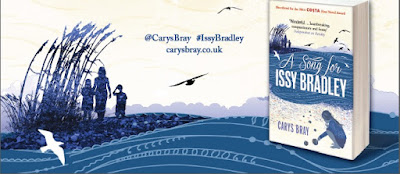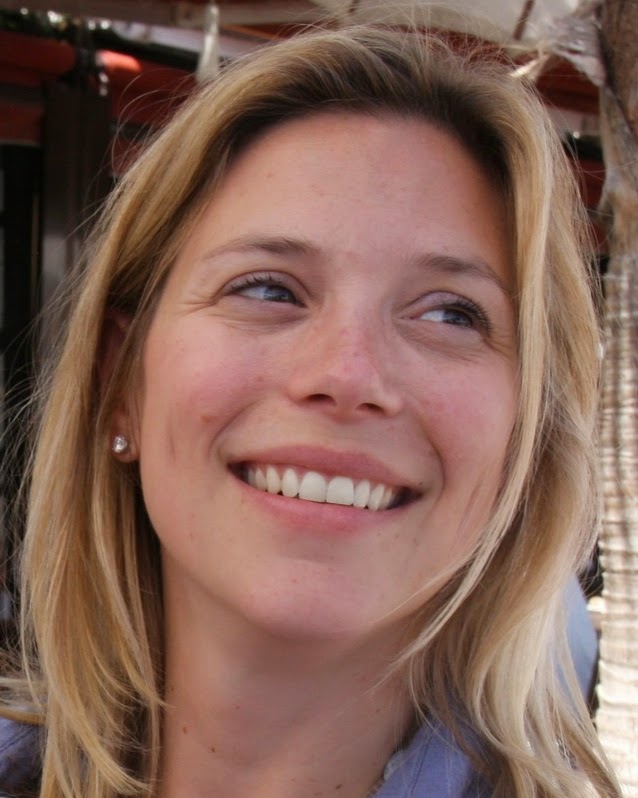You may recently have spotted my review of Bad Day In Minsk, the fourth in Jonathan Pinnock's Mathematical Mysteries series starring (if that's the appropriate word) the rather hapless PR executive-turned-sleuth Tom Winscombe. It's a series I really enjoy for its mix of action adventure, comic mishaps, and quirky characters, so I'm delighted to have been able to persuade Jonathan to join me today to answer some pressing questions ...
Firstly, I've read (and loved) all the Mathematical Mysteries series but for anyone who hasn't could you please give a little introduction to Tom Winscombe and his adventures so far ...
A chance encounter on a train leads disillusioned junior PR executive Tom Winscombe into a rabbit hole where he is joined by on/off girlfriend Dorothy Chan in pursuit of the secret behind the deaths of the Vavasor twins, mathematicians Archimedes and Pythagoras, ten years earlier. He is still blundering around that rabbit hole four books on, although it seems to have expanded into a full-blown warren the size of the London underground. On the way, he has faced certain death at the hands of various people, including renegade financiers, psychopathic monks and more than one faction of the Belarusian mafia. Somehow he is still alive, a sadder but not necessarily wiser man.
Obviously Tom's latest escapade takes place in Minsk, but it's not a place you've visited. How did you go about research? Lots of time on Google maps? Contacting the local tourist board?
I had only the vaguest idea of Minsk's location - somewhere between Poland and Russia - so DID end up on Google maps, and thought it looked an interesting place for a weekend, though Tom doesn't really get to see the city. Are you planning to put it on your destination wishlist once restrictions are lifted?
The Belarusian mafia families, perhaps like all mafia families or indeed all of us, are interested in ways of making money, specifically in their case by trying to use mathematical formulas and chaos theory to profit on the world's stock markets. Is this a 'real' thing? If I were clever enough and rich enough in the first place could I do it, or is it just a writer's fantasy?
There were a couple of things that seemed to mark a change in direction from the previous stories - one being Tom left to muddle his way through on his own more than usual. I was a little disappointed to see less of Dorothy. Was she always intended to sit this one out, or did the plot just develop that way?
And, related to that question, do you believe in planning every move of your hero and villains in advance, or just throwing Tom in at the deep end and seeing what happens?
What's next for you (and Tom)? Are there more Mathematical Mysteries on the way, or something entirely new?

















